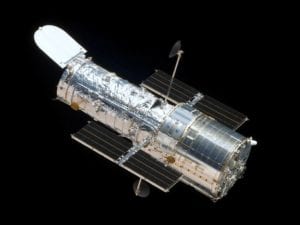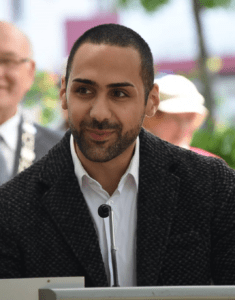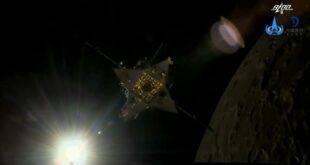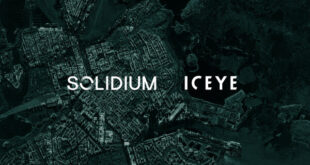
One of the more notable space stories of the past few weeks is that of two Russian satellites allegedly ‘stalking’ a KH-11 reconnaissance satellite operated by the US National Reconnaissance Office (NRO). Given heightened geopolitical tensions between great powers and the increasing occurrence of Rendezvous and Proximity Operations (RPO) in Earth orbit, SpaceWatch.Global will publish expert perspectives on this unfolding story over the coming days and weeks.
Our fifth perspective comes from Sonay Sarac, a German expert on space security.
1) How would you characterize the alleged manoeuvres of the Russian satellites?
This is not the first manoeuvre and it will not be the last one. Russia already caused international concern with its Luch satellite that was parked between two Intelsat-satellites, a few years ago. Given the unusual proximity to the U.S. reconnaissance satellite and the lack of transparency, this activity could indeed serve intelligence purposes. But when it comes to such actions, Russia is not the only state who is interested in so called Space-Based Space Surveillance systems. The United States has a long history with such systems, and China seems to follow similar space programmes. Overall this development is not surprising given the fact that space is becoming increasingly a strategic domain.
2) General Jay Raymond, Commander of the U.S. Space Force, has characterised the manoeuvres of the Russian satellites as “threatening” and “destabilizing.” Is this a fair characterization?
Later on, Russia confirmed Kosmos 2542 as an inspector satellite to assessing the technical conditions of domestic satellites. The problem with such satellites, in general, is that they are developed to operate intentionally close to other objects. This can cause a so-called Problem of Other Minds and can trigger or intensify a security dilemma. Therefore, technologies like on-orbit servicing- and active debris removal-systems can have destabilizing effects on space security dynamics. From the national security viewpoint, this characterization can be considered fair. But from the international security viewpoint, such terms can have powerful effects on political reality. That means a self-fulfilling prophecy can also have destabilizing effects in space.
3) What can/should be done to mitigate/stop these kinds of incidences? How likely are we to see anything done at all?
The combination of a dual use-environment and a geopolitical context of confrontation is dangerous. Achieving transparency and confidence is, therefore, probably the most important step in space. The current development of an international space situational awareness infrastructure is a positive incentive to establish such norms. This, in turn, could mitigate misinterpretations and political overreactions. On such a basis, it could be more realistic to overcome deadlocks regarding arms control debates. To be able to anticipate uncertainties will be a key factor for future space security.
Sonay Sarac earned a Peace and Conflict Research M.A. at the Goethe-University in Frankfurt, Germany, with the focus on Space Security and Space Policy, and is a leading German expert on space security issues.






